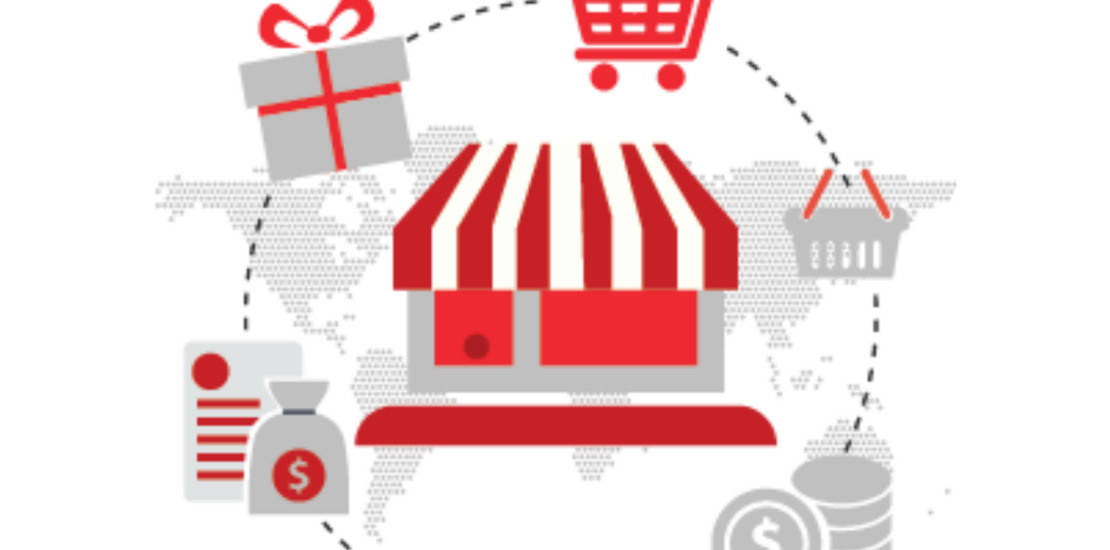Core Features Of A Retail ERP Software System
Core Features Of A Retail ERP Software System
-
March 2, 2020
- Posted by: Shashi Ranjan
- Categories: Retail ERP Software, Retail ERP System
No Comments

- March 2, 2020
- Posted by: Shashi Ranjan
- Categories: Retail ERP Software, Retail ERP System

ERP stands for “Enterprise Resource Planning”. The core principle of Enterprise Resource Planning is to consolidate the pieces of software you use throughout your business into a single, unified suite that takes care of everything your business needs from end to end. The practice of ERP originated in manufacturing but has rapidly become essential to the management of a retail businesses.
Core Features Of A Retail ERP Software System
Customer Relationship Management
This important function should be brought together to create a consolidated view of the customer needs and avoid data silos.
- Marketing resource management – MRM (Marketing Resource Management) supports marketing operations. This feature balances between the technology, your team, and the creative and the logistic processes.
- Sales-order management – This function effectively manages sales order throughout all the major stages, including the sales order generation, work allocation, work completion and billing/invoicing.
- Customer account management – CRM module allows the user to view customers across the products, geographies, accounts, and status.
Inventory Management
Inventory Management module centralizes all of your fundamental warehouse functions and allows you to watch over details such as the stock levels, product history, and other product specifications.
- Shipping – A strong and dependable shipping capability is integral to customer satisfaction in the retail industry or in the retail business. A good system can automatically handle any errors, such as the late deliveries or the incorrect packages.
- Order management – These tools allow you to customize the pricing, track the orders and manages the returns. More advanced systems support multichannel sales.
Financial Management
This system has the ability to execute and manage an organization’s overall budget planning activities. The solution manages budgets from three different points of view, according to the user role: accountant, project manager or the department manager.
- Profit tracking – The profit tracking feature provides an overview of how the business is using its financial resources and the overall financial health of the business.
- Risk management – Risk management feature Protects companies from internal and external theft and fraud.
Supply Chain Management
A network that provides end-to-end logistics and data that is immediately delivered after collections. This allows you to predict the demand and the stock stores accordingly.
- Distribution management – Handles the various steps involved in distribution such as providing the customer support, inventory tracking, ordering, and purchasing. The system provides the real-time measurements of profitability by warehouse, product line, location, and business unit.
- Purchase-order process – The PO (Purchase Order) function provides you with the tools to maintain steady stock levels, enhance the merchandise quality and minimize the costs within the purchasing department. This function helps you deal with challenges like delayed invoices, combined shipments or the partial shipments.
Omnichannel Customer Experience Management
Regardless of whether the customer is shopping on your mobile website or at a brick and mortar store, the customer should be able to navigate all the platforms seamlessly.
- Data and insight – A predictive tool that allows you to evaluate historical data to predict customer demands and provide the insight into customers interests for a more personalized experience.
- Personalization – A tool that allows you to provides the customers with information such as product recommendation. It also analyzes the browsing behavior which can lead to advanced the marketing strategies.
- Omnichannel order management – End-to-end software management across the channels ensures efficient management of the customer orders from any channel. Visibility into the current inventory permits you to fulfill orders from anywhere in the supply chain.
According to one survey, 88% of consumers want a “personalized and consistent experience across the channels.” The retail industry is guided by the customers, and “the customer is always right.” Investing in ERP retail software System would make it easier to achieve the coveted personalized omnichannel shopping experience, but it also carries many benefits on the administrative side.
Choose Microsoft dynamics 365 business central or oracle fusion is the best ERP software to manages your retail business operations very easily. For demo write to us on marketing@prudencesoftech.com


